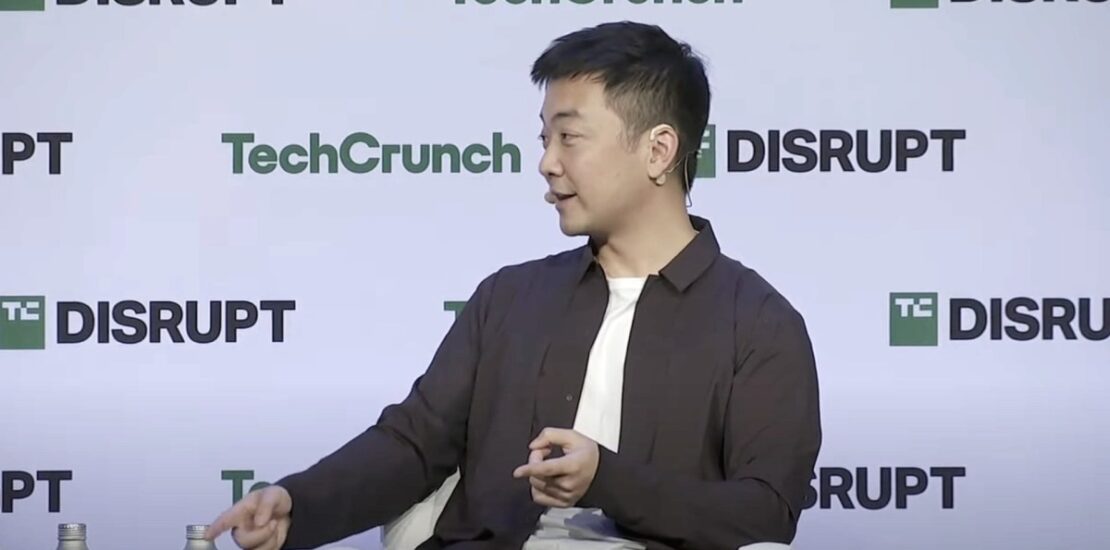Carl Pei says Nothing could build its own operating system
- November 4, 2024
- Posted by: chuckb
- Category: TC Artificial Intelligence

In the ever-evolving mobile phone market, nearly the entire global smartphone industry is dominated by two operating systems: Android and iOS. For smartphone manufacturers, building their own operating systems is a complex and challenging endeavor. As a result, many have chosen to customize Google’s Android platform with bespoke skins and unique features rather than invest in developing their own systems. This trend has persisted, despite the potential for differentiation some companies may seek through an exclusive OS.
Recently, Huawei attempted to diverge from this norm by launching Harmony OS, a strategic move spurred by political pressures and restrictions against using American technology. Despite Huawei’s extensive resources, the launch of Harmony OS faced considerable obstacles, highlighting the difficulties involved in creating an effective and competitive alternative to Android.
One noteworthy exception to the trend of relying on established mobile operating systems is the London-based tech company Nothing, led by founder and CEO Carl Pei. At an appearance at TechCrunch Disrupt 2024, Pei revealed plans for Nothing to explore the development of its own mobile operating system, referred to as Nothing OS. His initiative underscores a desire to break the prevailing Google and Apple duopoly in the smartphone landscape.
Pei emphasized the critical role smartphones play as “the most important gateway” for people to connect with loved ones and access information. He expressed dissatisfaction with the existing binary dominance of Android and iOS and the potential for innovation in the mobile operating system space. By venturing into operating system development, Nothing aims to extend its influence within the industry and create new revenue opportunities.
Pei articulated the financial benefits of software development over hardware manufacturing, which can be fraught with supply chain complexities, significant capital investment, low profit margins, and high risks associated with achieving market fit. He sees the software sector as a more lucrative and promising avenue, although he asserted that consumer satisfaction remains paramount.
Despite the challenges of developing a mobile OS, Pei believes advancements in artificial intelligence have made the process more manageable. He noted that AI could enhance the customization of user experiences in ways that current operating systems do not.
Pei remarked on the need to innovate the user experience, arguing that current operating systems have not undergone significant evolution over the past four decades. He pointed out the vast amounts of data that devices collect about users, emphasizing the opportunity to leverage this information to improve user experiences. Instead of focusing on the foundational elements of OS development, such as drivers and kernels, Nothing plans to concentrate its efforts on enhancing user interaction.
When asked about funding to support the OS development project, Pei refrained from speculating. He asserts that the task at hand does not require extensive prior experience, as the focus is on applied AI rather than foundational AI advancements. Pei acknowledged the competitive landscape of the AI industry, where only a select few players may emerge successfully.
He emphasized that while AI will be a significant component of the proposed operating system, it should not dominate the narrative. The essence of the project ultimately revolves around creating the best product that fits the market and meets user needs. Without achieving high user satisfaction, even the most innovative ideas stand little chance of success.
In summary, the mobile operating system landscape today is characterized by the hegemony of Android and iOS, with few companies strong enough to challenge their dominance. Huawei’s efforts with Harmony OS underscore the significant barriers that still exist for new entrants. However, Nothing’s exploration of building its own operating system reflects a desire for innovation in the face of this duopoly.
Through his vision for Nothing OS, Carl Pei aims to tap into the lucrative software market, utilizing AI to enhance user experiences while pushing back against the current limitations of existing operating systems. Despite potential funding questions and the challenges inherent in such an ambitious endeavor, Pei is optimistic about the role of artificial intelligence in redefining how operating systems can shape user interactions with smartphones, and ultimately, how they can support consumer needs better than ever before.
This exploration represents a significant opportunity for Nothing to carve out a niche in a market that has historically been resistant to change, bringing fresh perspectives and potentially reinvigorating the mobile technology landscape.
